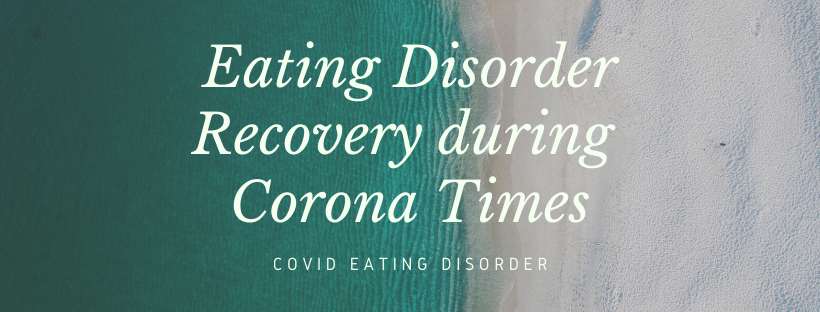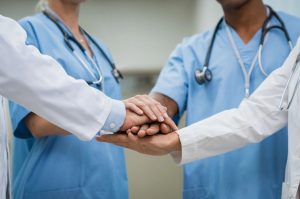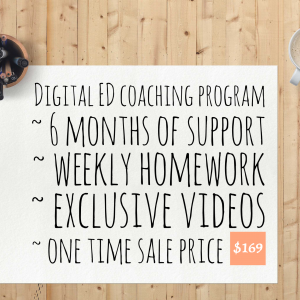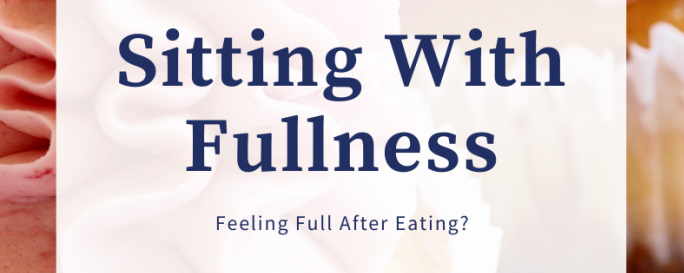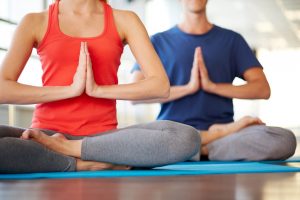COVID Eating Disorder Recovery
Maybe you’re rolling your eyes. Corona eating disorder environment – good time to recover? Yeah, right.
Food scarcity, no normal outlets to process feelings or cope, no in-person support, feeling more alone than ever, job uncertainty, school on hold, etc.
Yes, really.
Now is the best time to recover. For several reasons.
1) FREE or low-cost support is more available than ever.
I’ve never seen so many virtual support groups.
I’m leading a group each week and it’s been the most engaged group I’ve ever led (and I’ve facilitated a in-person support group for the past five years.)
If you haven’t checked it out, go here to learn more. There are other free covid eating disorder groups as well! If you want another option, please email me or know that ERC, Center for Discovery and other treatment centers are offering virtual groups at this time.
2) It’s convenient.
You don’t have to lie to your employer to step out for a therapy appointment. (or was I the only one who did that?)
Nor do you have to ‘get ready’ or commute to therapy or RD appts. You just have to open your computer.
(Yes, I agree there’s a personal element missing, but can you imagine just ten years ago we wouldn’t have had Zoom or technology to even make virtual meetings happen!). COVID eating disorder environment is odd but at least we can connect.
3) You have the time.
It’s that simple. I remember in business school – between my studies, my job, my social life, it felt impossible to make time for recovery!
(Now, looking back I realize it was an excuse, but…. it still felt hard.)
But now, with school online and some of you working from home, it’s possible.
For those of you on the front lines or homeschooling your children – sheeesh – THANK YOU. And this does not apply to you. YOU will have to get even more creative on how to fit recovery in, but focus on 1 and 2 above.
4) If you can make progress in COVID eating disorder times, you will be stronger in non-covid times
I hate when I hear that Corona is an opportunity. Because it’s devastating. Navigating COVID and an eating disorder is HARD. Harder than non-corona eating disorder times.
And yet, if you can make progress in your recovery during this weird time, then I have no doubt you can make progress when you’re allowed to meet up with friends, go out for coffee, or go to class.
5) Recovery is the most important thing you’ll ever do.
If going through Corona eating disorder times has made the ED worse or has made recovery more challenging….
Then it is exactly your time to focus on recovery. To go ALL IN. If I had a nickel for the number of times I hear people say “it’s not that bad. I’m not even sure I’d call it an eating disorder…”
Actually I can’t even finish that sentence. I’m possibly turning into a 70yo man since I used an “if I had a nickel” statement. Ugh. Apologies. Back to Covid eating disorder recovery…
NOW is the time. If things have gotten harder, it means that you need more support. Ask for it!
Maybe you’re recovering at home or you’re alone or maybe you’re even home…. with your P A R E N T S. Gasp.
Point is – it is a tough environment to recover in right now. Life is triggering right now. Anxiety is high. Corona eating disorder environment is likely as hard as it gets. So DO IT now when it’s the most triggering it will be. It is the most important work you’ll ever do.
6) You can make a plan
If you do want to recover during corona eating disorder times, make a plan for yourself. Put it on paper – make it cute if that’s your thing.
You don’t neeeeed me or anyone else to make a plan. You can do that right now!
In fact, I’ve received more emails about recovery options than ever before! Many of you are asking for more COVID eating disorder support. Let’s celebrate that!
You may have heard of my digital coaching program. I typically only offer this twice per year but given the Corona eating disorder times, I’ve made it available to anyone who wants it!
If you want to join the 6-month program, hop on over to my digital coaching page. Next, scroll to the bottom of the page and click the ‘buy now’ button. Finally, after you pay, you’ll receive an email about how to access the program!
